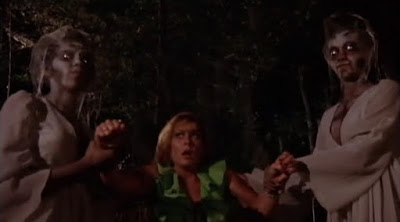It must be time for some major film nerding, because I'm about to discuss the overt use of semiotics inn Luke Cage. That a bullet-riddled hoodie becomes emblematic not only of Cage himself, but of events like Trayvon Martin and the #blacklivesmatter movement, is not only clever writing, but is a use of the superhero medium of storytelling in a manner more subversive than any other since V for Vendetta. The idea that Luke is the hero that Black America needs more than any other, not because of his inherent humanity, but because he is simply a black man that the police cannot shoot dead, is a powerful message that rightly has made many conservative and white audiences and commentators uncomfortable. The Luke Cage presented here is not the Blacksploitation pastiche that first graced the comics, he is Martin Luther King, Chuck D, Rosa Parks, Malcolm X, Trayvon Martin, Rodney King, Obama, Grandmaster Flash and Danny Glover wrapped in unbreakable skin and giving the strength he needs to tear down the establishment. Sweet Christmas.
I guess I should about the story, it's ok, not as good as past Marvel Netflix efforts, but as Captain America: Civil War demonstrated, Marvel's strength lies in character more so than narrative. I mean, what are you going to do, watch DC stuff for character? Arrow is built around hot people moping, at least with Luke Cage tells the story of fascinating people dealing with the circumstances into which they are thrust. I am super keen for Iron Fist and The Defenders now, but I really want to see Luke join the Avengers, like his comic counterpart.





